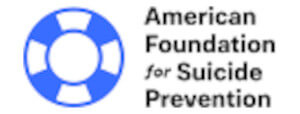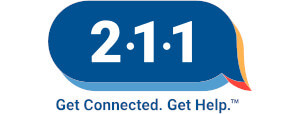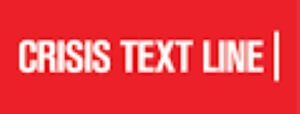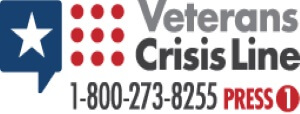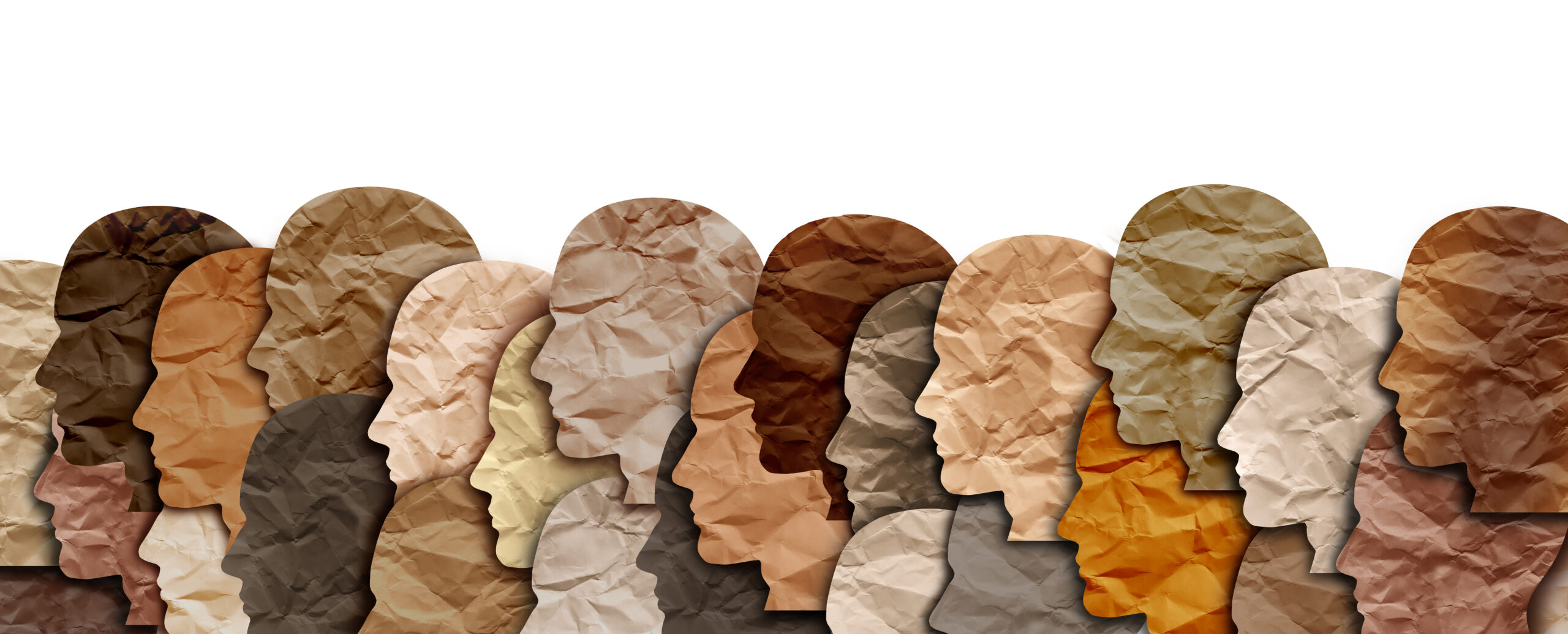
Equal Access to Mental Health Resources
Access to mental healthcare in the United States is disproportionate across racial and economic backgrounds. These distinctions are also drastically different across states. Studies have shown that because of the lack of access to mental healthcare, there is actually an increase in those mental health disorders. If all people had equal access to care, the rate at which certain racial or economic groups developed these conditions would be less.
In 2020, Georgia was ranked 50 for overall access to care. Mental Health America has broken down the rankings of various topics (such as uninsured access to care, who needed treatment versus who actually got treatment, etc.) across the states. Though this information may be disheartening at first glance, it provides us with a starting point. We know what doesn’t work, what needs to change, and we are then able to implement those strategies.
Studies have also shown that in developing countries, where access to any kind of healthcare is limited, mental illness and substance abuse poses a much bigger threat. Historically, there is a lot of stigma and discrimination with regards to who receives treatment, let alone quality care. We can take this and apply it to the United States. Minority groups see much higher rates of certain mental health conditions, are less likely to attend or complete substance abuse treatment and are at an increased risk for overdose-related deaths.
For example, 40% of admits to government-funded treatment centers are made of up racial/ethnic minorities. Though they may seek help initially, it has been shown across the board that these individuals have poorer treatment outcomes. The Affordable Care Act may have increased access for individuals who cannot afford treatment, this does not ensure that they are receiving high-quality care. Not to mention, most of these centers do not have programs specific to certain ethnic groups which pose another barrier to effective treatment.
We also see that there is a much higher rate of drug-related arrests in Black communities. Black individuals are incarcerated for drug-related offenses 5-7 times more than their white counterparts. Research indicates that Black individuals are more likely to receive charges of possession and sales while white’s are charged with possession to support their addiction. What’s interesting, though, is that Black Americans report preferring drugs like marijuana and struggling less with addiction while whites are the ones using harder drugs to support their abuse. This indicates that there is a disproportionate rate at which these individuals are incarcerated and given treatment.
Through LiveAnotherDay.org and RecoveryinGeorgia.org, I work with a team of passionate individuals whose goal is to increase access to a variety of resources. This enables more people struggling with substance abuse and co-occurring mental illness to get the help that they need. Not only do we find the best resources, but we make sure that all of our guides offer legitimate options. There are guides for all racial and ethnic backgrounds, for LGBTQ, for various mental health conditions, and for finding inpatient and outpatient rehab centers near you.
Mental Health Resources
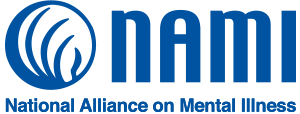

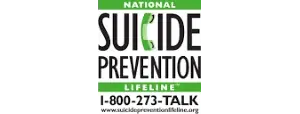
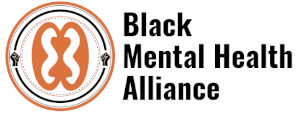
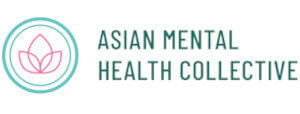
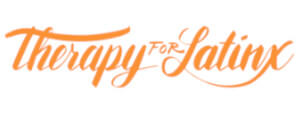
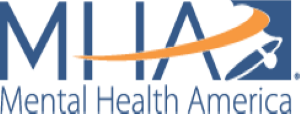
A national non-profit organization, Mental Health America’s website provides a vast array of helpful resources including warmlines, crisis resources, and different ways to get help for yourself or a loved one.
